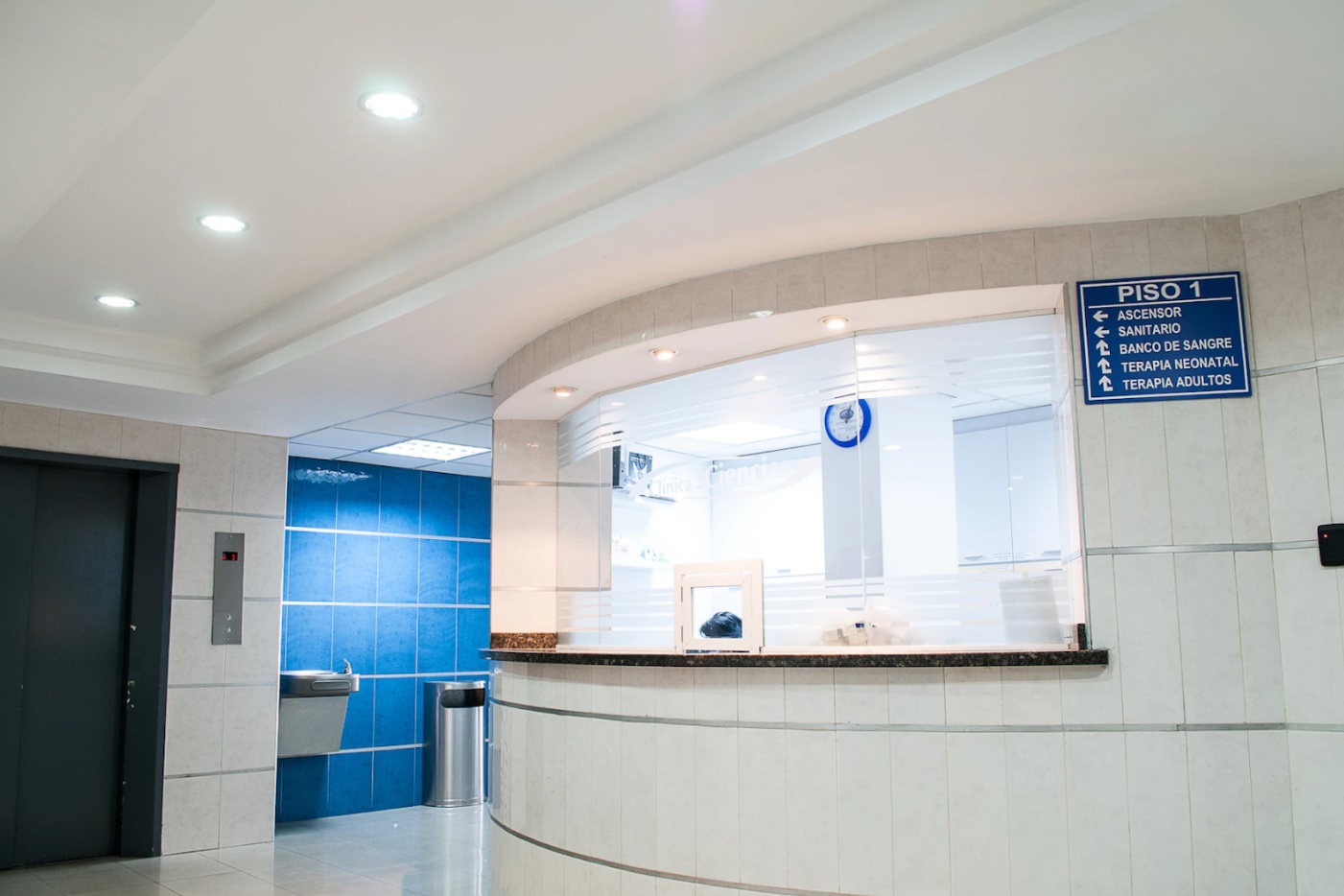Whether you want treatment for co-occurring mental health or substance use disorder, an intensive outpatient program (IOP) offers a comprehensive treatment program
As the name suggests, IOP is an intensive treatment; its duration is longer than the other mental disorder treatment programs.
The following guide explains the factors determining the total length of the intensive outpatient program.
- IOP structure
- Difference between inpatient and outpatient facility
- Duration of IOP
- Stages of IOP
- When to opt for IOP?
If your goal is to lead a healthy life and completely recover from mental disorders and substance use, read along to learn about the duration and efficiency of IOP.
IOP Structure
Before proceeding to the total length and stages of the intensive outpatient program, let’s briefly understand how it works.
Patients with any mental disorder in this treatment don’t have to stay within the facility. Instead, he can have several outpatient treatments during the week based on the diagnosis and recommended treatment.
Also, the patients and doctors have the flexibility to schedule the appointment, so the rest of the day’s routine doesn’t get disturbed. Based on mutual agreement, you can schedule the sessions on weekdays, weekends, mornings, or afternoons.
IOP aims to guarantee long-term sobriety and achieve behavioral changes via cognitive behavioral therapy. Similar to the inpatient treatment programs, the IOP comprises:
- Support group
- Group therapies
- Counseling session
- Life skill classes
The IOP is highly effective if the patients have a strong support system comprising friends and family. This way, the patients can talk to their friends besides the therapist.
The IOP therapy program is one of the most effective treatments to minimize the relapse rate. This treatment assists the patients in detoxification, while the counseling session ensures the patient’s commitment toward long-term recovery.
Difference Between Inpatient and Outpatient Facility
The first difference between outpatient and inpatient is that the patients are free to stay at home and visit the treatment center per schedule. Alternatively, the patients have to stay for a specific time within the inpatient facility under the constant supervision of the doctors and nursing staff.

However, the inpatient stay is relatively short overall, and the patient is free to go home after the condition stabilizes. However, outpatient treatment is of a more extended period based on the recovery rate.
The level of support, treatment, and medication required in inpatient treatment are higher than in outpatient treatment, in which there is a brief interaction between the patient and the counselor.
Generally speaking, IOP is recommended for patients who have undergone inpatient treatment; however, they require constant support.
Conversely, inpatient treatment is recommended for patients who need detoxification, withdrawal support, proper medication, and counseling.
Duration of IOP
Generally speaking, intensive outpatient treatment lasts eight to 12 weeks, during which the patients meet the doctors three times a week. Each session usually requires two to five hours.
Many outpatient programs require the patient to meet five times a week. The total time dedicated to IOP varies from nine to 15 hours, while some patients have to dedicate 30 hours per week depending on their condition.
The schedule depends on the initial assessment, the patient’s mental and physical condition, and long-term recovery goals.
A typical IOP counseling session lasts for 90 minutes or sometimes three hours with the following breakdown:
- 30 minutes lecture on a psycho-educational topic
- 15 minutes question and answer session
- 30 to 50 minutes of individual counseling
- 90-minute family therapy session
- 60 minutes of life skill training
- 90 minutes of group work
The above sessions spread throughout the week and don’t necessarily happen during one day.
Stages of IOP
The intensive outpatient treatment program varies from patient to patient; however, the overall stages remain the same.
Patient Engagement
It’s one of the most crucial stages of the program in which the counselor convinces the patient to remain engaged. Unfortunately, many attend the initial outpatient sessions and drop out of the program.
It’s the responsibility of the counselor to analyze the patient’s information:
- Physical issue
- Social problems
- Psychological condition
Only then can he explain the goals and duration of the outpatient program and the included activities.
Early Recovery
The more structured IOP is, the higher the chances of early recovery due to new behaviors, transformed habits, support groups, and educational activities. The primary purpose of this stage is to involve the patient in different recovery activities to ensure a healthy lifestyle.
Stages Timeline
After the initial assessment and screening, the doctors chalk out an outpatient plan in which therapies play an integral part.
Also, the patients participate in different specialized groups, skill-development groups, and interpersonal process groups.

Family involvement is essential in the IOP in educating the patient and the loved ones to cope with withdrawal and other adverse effects.
During IOP, the counselor continuously evaluates your progress and adjusts the intensity and duration of the treatment.
When to Opt For IOP?
The answer entirely depends on the patient and the dedication toward long-term sobriety. Also, certain external factors influence the decision to join an intensive outpatient program:
- Financial loss due to addiction
- Job-related issues
- Family requires your time
- Medication for mental disorders
- Prior mental disorder history
- Past relapse
- Recent discharge from an inpatient treatment program
Benefit From the Intensive Outpatient Program
Don’t take your mental health for granted, and sign up for an intensive outpatient program.
Facilities such as the Comprehensive Wellness Centers offer a well-structured intensive outpatient program dedicated to the long-term recovery of patients with mental disorders.
One of the most significant advantages of admitting to the IOP program is the customized program plan that facilitates the patients to lead an everyday life.
From individual to group therapies, the IOP program also offers SMART Recovery and 12-step recovery groups to guarantee the effectiveness of the treatment.
You can avail of the following services:
- Higher staff-to-patient ratio
- Job search assistance
- Family-focused treatment
- Medication monitoring
- Trained and experienced staff
The IOP program ensures a consistent and smooth recovery by offering psychotherapy to education sessions.
